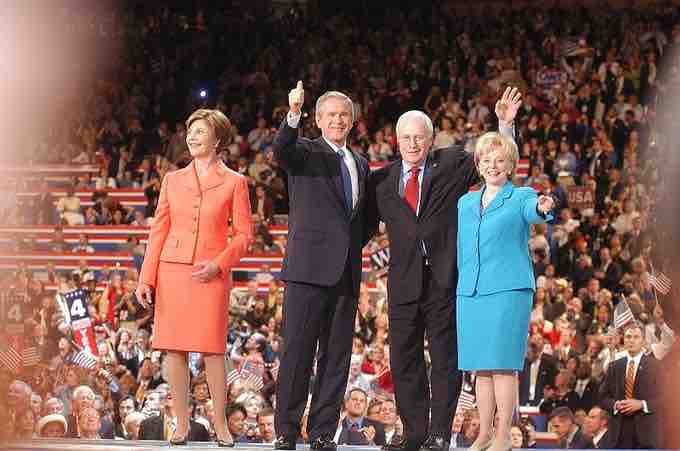Introduction
The Democratic National Committee and Republican National Committee create the rules governing the caucuses and primaries in which the field of presidential nominees is narrowed. These nominees then proceed to the presidential nominating conventions where a candidate will officially be determined.
The presidential candidates of the two major political parties in the United States are formally confirmed during the Democratic National Convention and Republican National Convention. Each party determines its own rules for the format of the convention and how participation is to be apportioned. Generally, each U.S. state and territory is allotted a select number of voting representatives, known individually as delegates and collectively as the delegation. The size of each delegation depends upon the unique formula used by a given political party. Such formulas usually consider the population of a given state, the state's previous presidential voting patterns, and the number of Congressional representatives or government officials in a state who are members of the party.

2004 Republican National Convention Presidential and Vice Presidential Candidates
George W. Bush and Dick Cheney were declared the official presidential and vice presidential candidates at the 2004 Republican National Convention.
Voting Using the Rolling Roll Call
The voting method used during a convention is known as a rolling roll call of the states. The spokespersons of the states are called upon in alphabetical order by state name to announce their delegation count or to pass. After all states have either declared or passed, those states that passed must announce their delegate count. The decision to pass is usually made beforehand to give either the delegation of the presidential or vice presidential candidates' home state the honor of casting the majority-making vote.
In recent years, presidential nominees have been known well in advance of the Democratic and Republican National Conventions due to changes in election laws, earlier primary elections and caucuses, and the manner in which political campaigns are run. However, the presidential nominating conventions still serve as the official method of selecting presidential candidates.